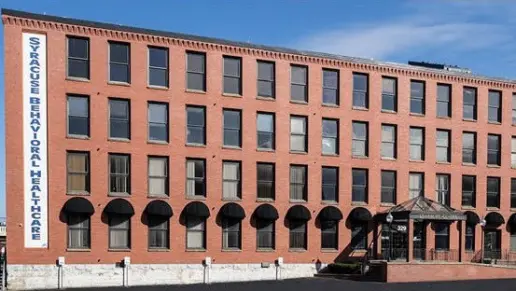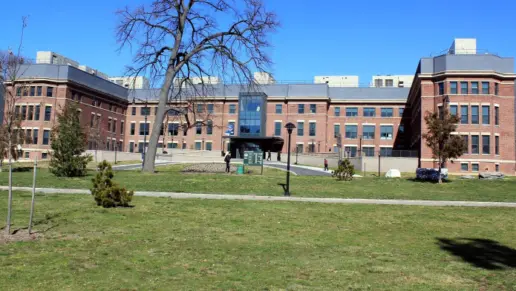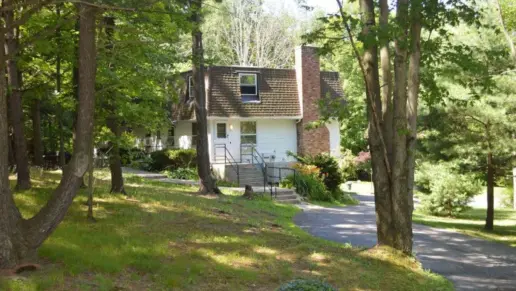I'm an addict, and I'm learning to live in sobriety, thanks to the support they have given me. I'm getting a lot better, and I'm trying, like I've never had before, to reconstruct my life. Group sessions are my favorite they are beneficial, and they make me feel like I'm not ...
About Samaritan Daytop Village – Grand Concourse
Samaritan Daytop Village–Grand Concourse, in Bronx, New York, is an outpatient drug rehab for adults recovering from opioid addiction. They offer dual diagnosis care, medication assisted treatment (MAT), including methadone induction and maintenance, outpatient addiction counseling and recovery-focused life skills training, and aftercare planning and support. Dedicated services are available for young adults.
Samaritan Daytop Village–Grand Concourse provides outpatient addiction recovery services for adults with opioid dependency in Bronx, New York. They specialize in addiction counseling, recovery-focused life skills training, and medication assisted treatment (MAT), including dedicated programming for young adults and persons with co-occurring addiction and mental illness.
Outpatient Program
The outpatient program allows clients to access individualized care aligned with their evolving needs while remaining in their home, workplace, and community. Clients receive medical and mental health assessments, personalized care planning, and comprehensive case management. Their MAT program includes methadone induction and maintenance for eligible clients. Clients also engage in intensive, trauma-informed individual, group, and family counseling and robust recovery-focused life skills training.
Aftercare Support
Their aftercare planning and support services promote clients’ sustained sobriety by ensuring a complete continuum of care. Their services may include peer coaching, 12 step program facilitation, and referrals for medical, mental health, and social service programs.
Accreditation and Payment
Samaritan Daytop Village–Grand Concourse is state licensed and accredited by CARF, the Joint Commission, and SAMHSA. They accept private insurance, Medicaid, and self-pay. Sliding scale payment assistance is available.
Rehab Score
Gallery
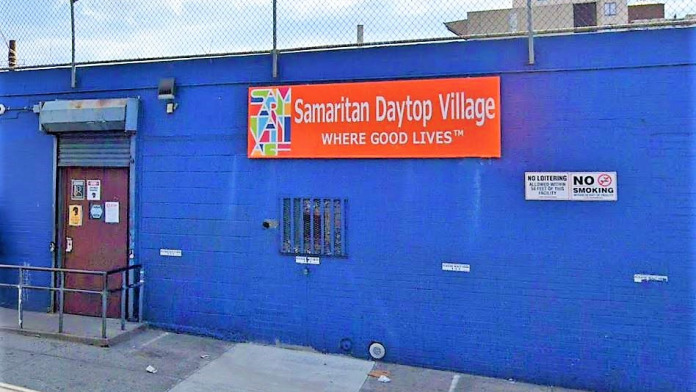
Location
Other Forms of Payment
Self-pay involves paying for treatment out of your own pocket. You can use savings or credit, get a personal loan, or receive help from family and friends to fund your treatment. If you don't have insurance or your insurance plan doesn't cover a specific program, self-pay can help ensure you still get the care you need.
Medicaid is a state based program that helps lower-income individuals and families pay for healthcare. Medicaid covers addiction treatment so those enrolled can use their coverage to pay for rehab. When a program accepts Medicaid the client often pays very little or nothing out of their own pocket.
Private insurance refers to any kind of healthcare coverage that isn't from the state or federal government. This includes individual and family plans offered by an employer or purchased from the Insurance Marketplace. Every plan will have different requirements and out of pocket costs so be sure to get the full details before you start treatment.
Sliding scale payments are based on a client's income and family size. The goal is to make treatment affordable to everyone. By taking these factors into account, addiction recovery care providers help ensure that your treatment does not become a financial burden to you or your family, eliminating one barrier to care.
Addiction Treatments
Levels of Care
Treatments
Opioid rehabs specialize in supporting those recovering from opioid addiction. They treat those suffering from addiction to illegal opioids like heroin, as well as prescription drugs like oxycodone. These centers typically combine both physical as well as mental and emotional support to help stop addiction. Physical support often includes medical detox and subsequent medical support (including medication), and mental support includes in-depth therapy to address the underlying causes of addiction.
Substance rehabs focus on helping individuals recover from substance abuse, including alcohol and drug addiction (both illegal and prescription drugs). They often include the opportunity to engage in both individual as well as group therapy.
Programs


Clinical Services
Group therapy is any therapeutic work that happens in a group (not one-on-one). There are a number of different group therapy modalities, including support groups, experiential therapy, psycho-education, and more. Group therapy involves treatment as well as processing interaction between group members.
In individual therapy, a patient meets one-on-one with a trained psychologist or counselor. Therapy is a pivotal part of effective substance abuse treatment, as it often covers root causes of addiction, including challenges faced by the patient in their social, family, and work/school life.
Amenities
-
Private Setting
Staff & Accreditations
Staff
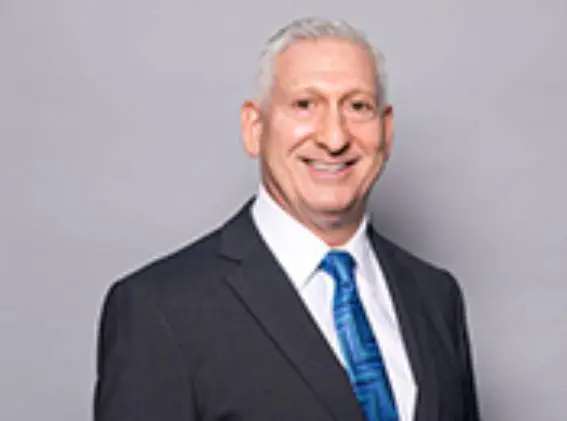
President & CEO
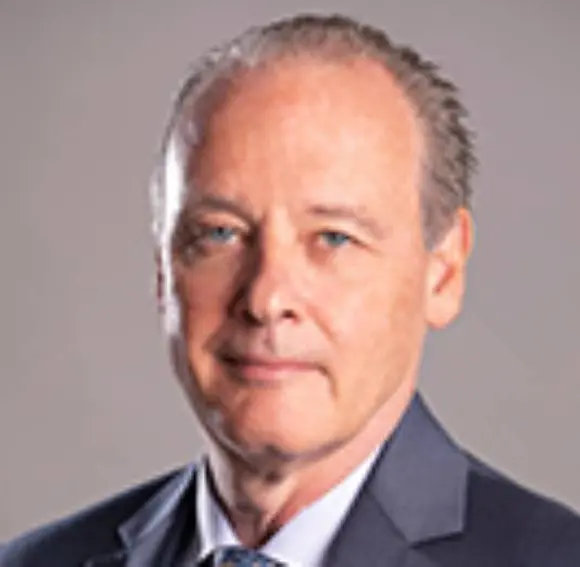
Senior Vice President for Finance and Administration and Chief Financial Officer

Chief Program and Legal Officer
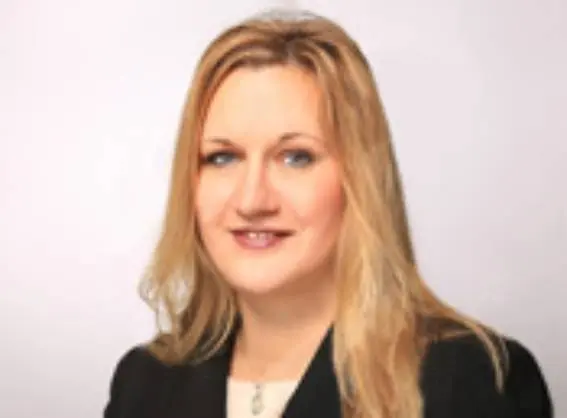
Chief Clinical Officer, Samaritan Daytop Village
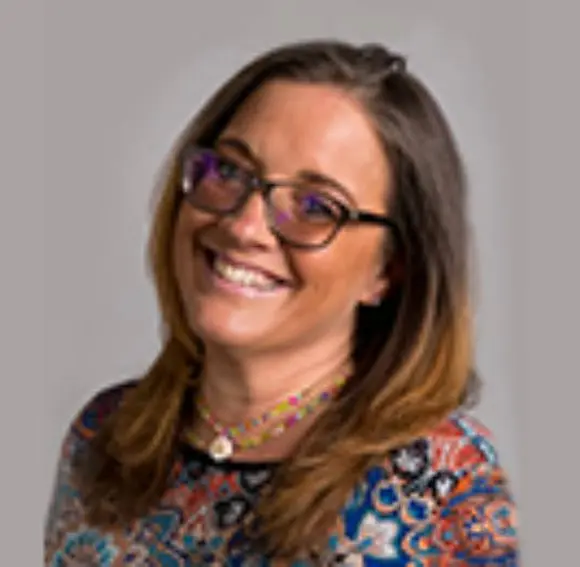
Vice President of External Affairs
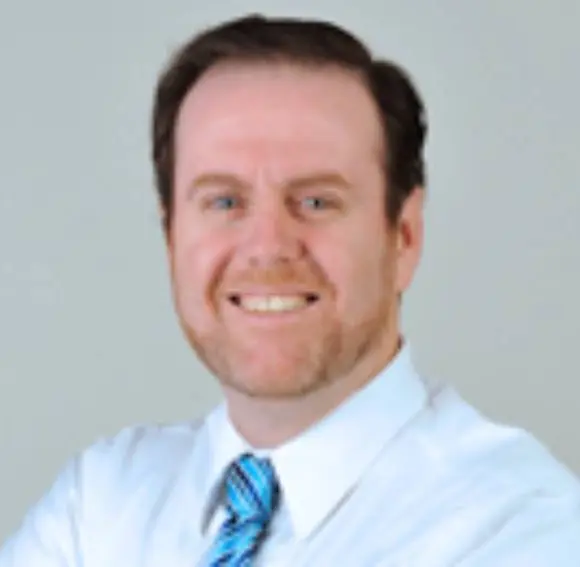
Vice President of Residential Treatment
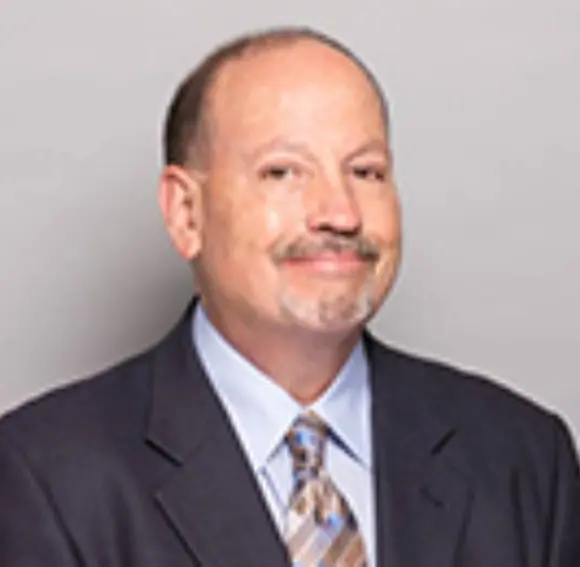
Vice President of Transitional Housing

Vice President for Health Services and Community Based Programs
Accreditations

The Joint Commission, formerly known as JCAHO, is a nonprofit organization that accredits rehab organizations and programs. Founded in 1951, the Joint Commision's mission is to improve the quality of patient care and demonstrating the quality of patient care.
Joint Commission Accreditation: Yes
Accreditation Number: 358720
Contact Information
250 Grand Concourse
Bronx, NY 10451
